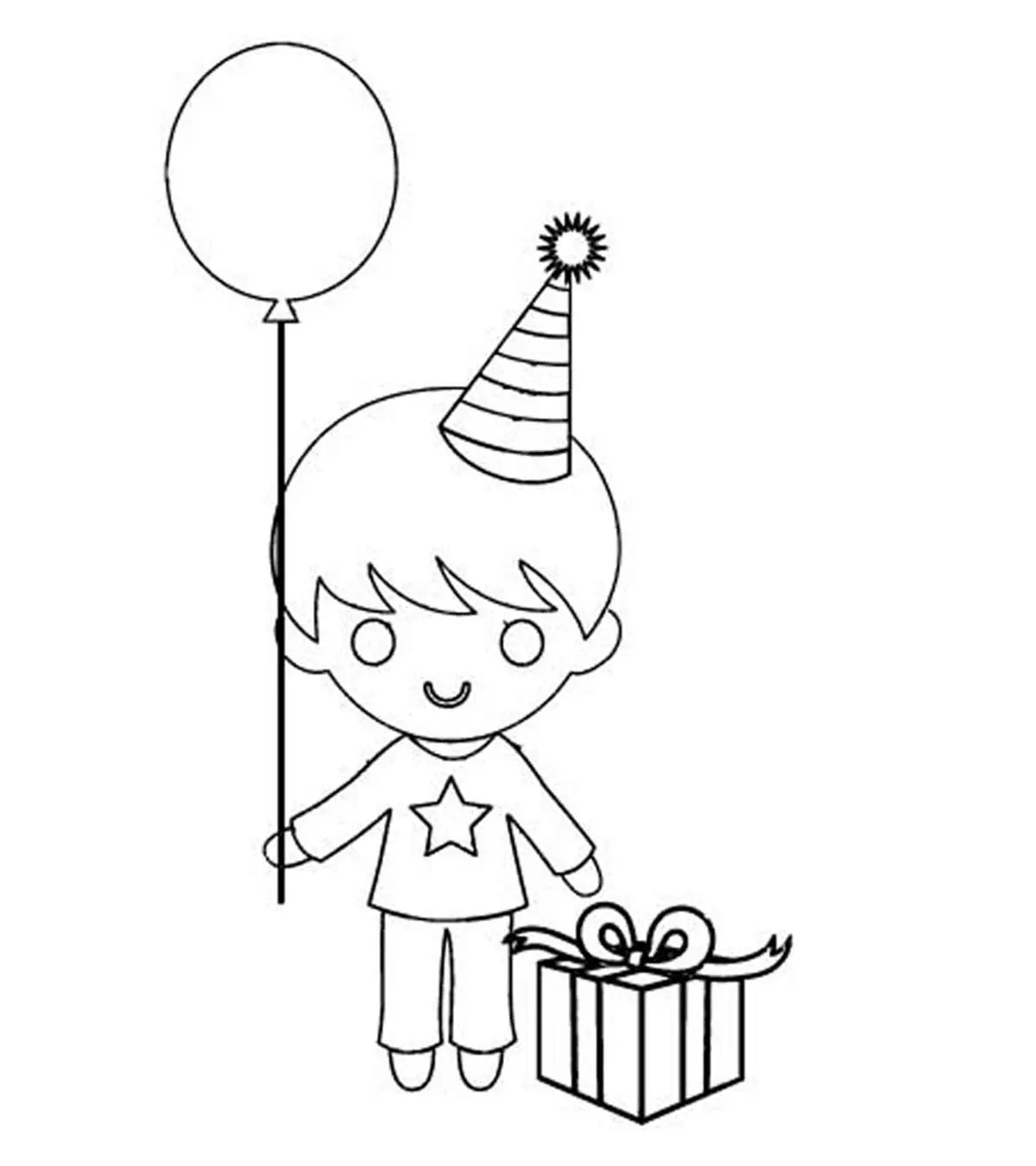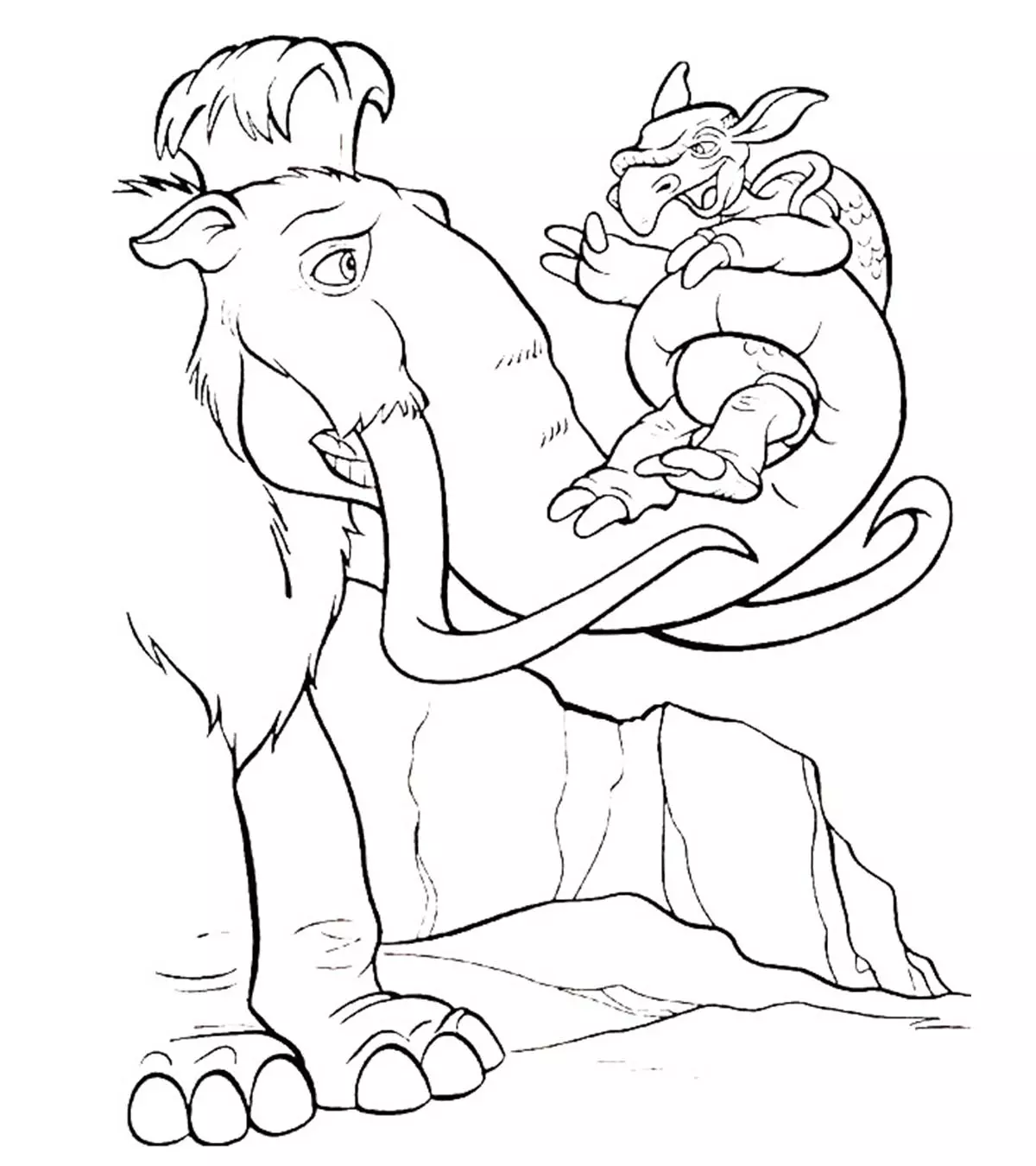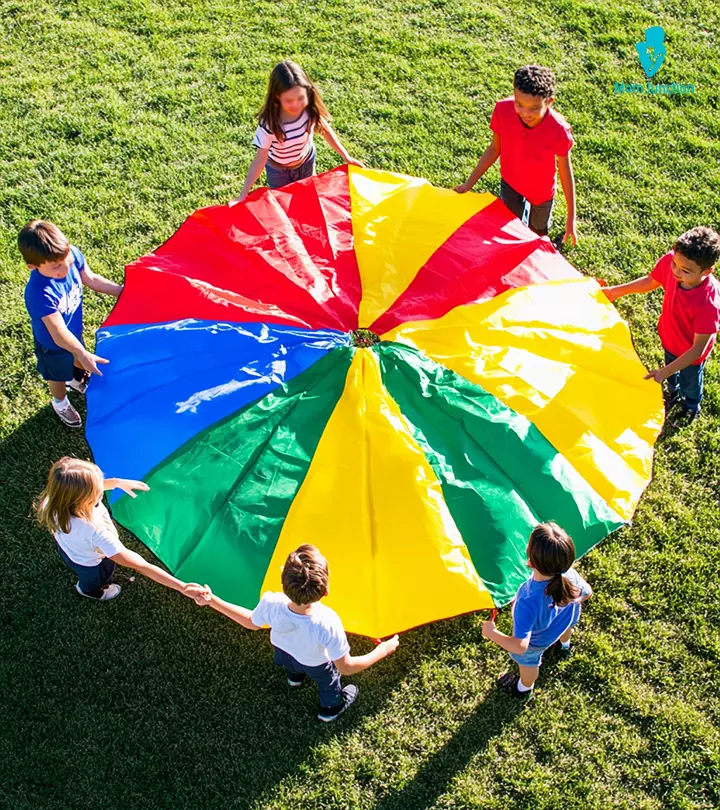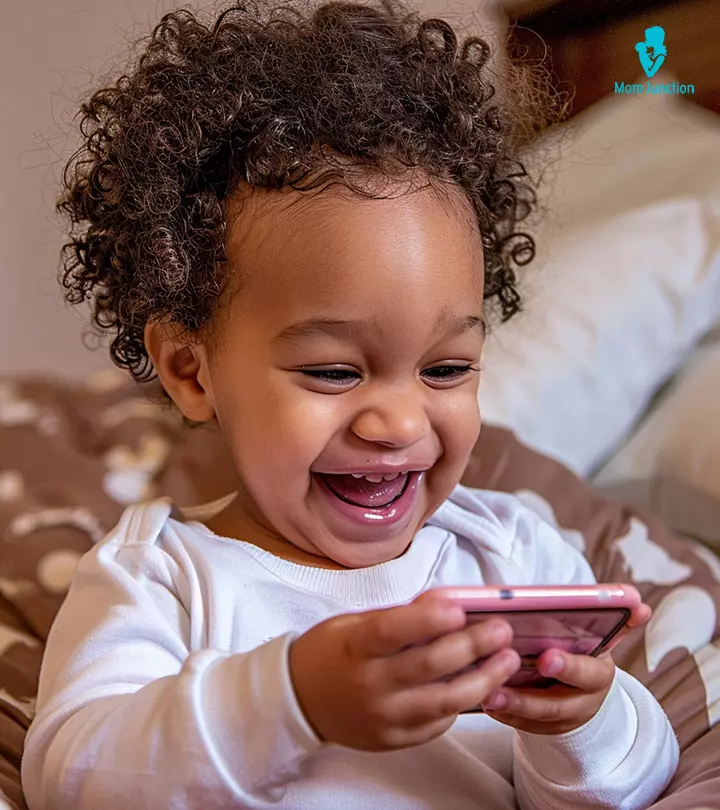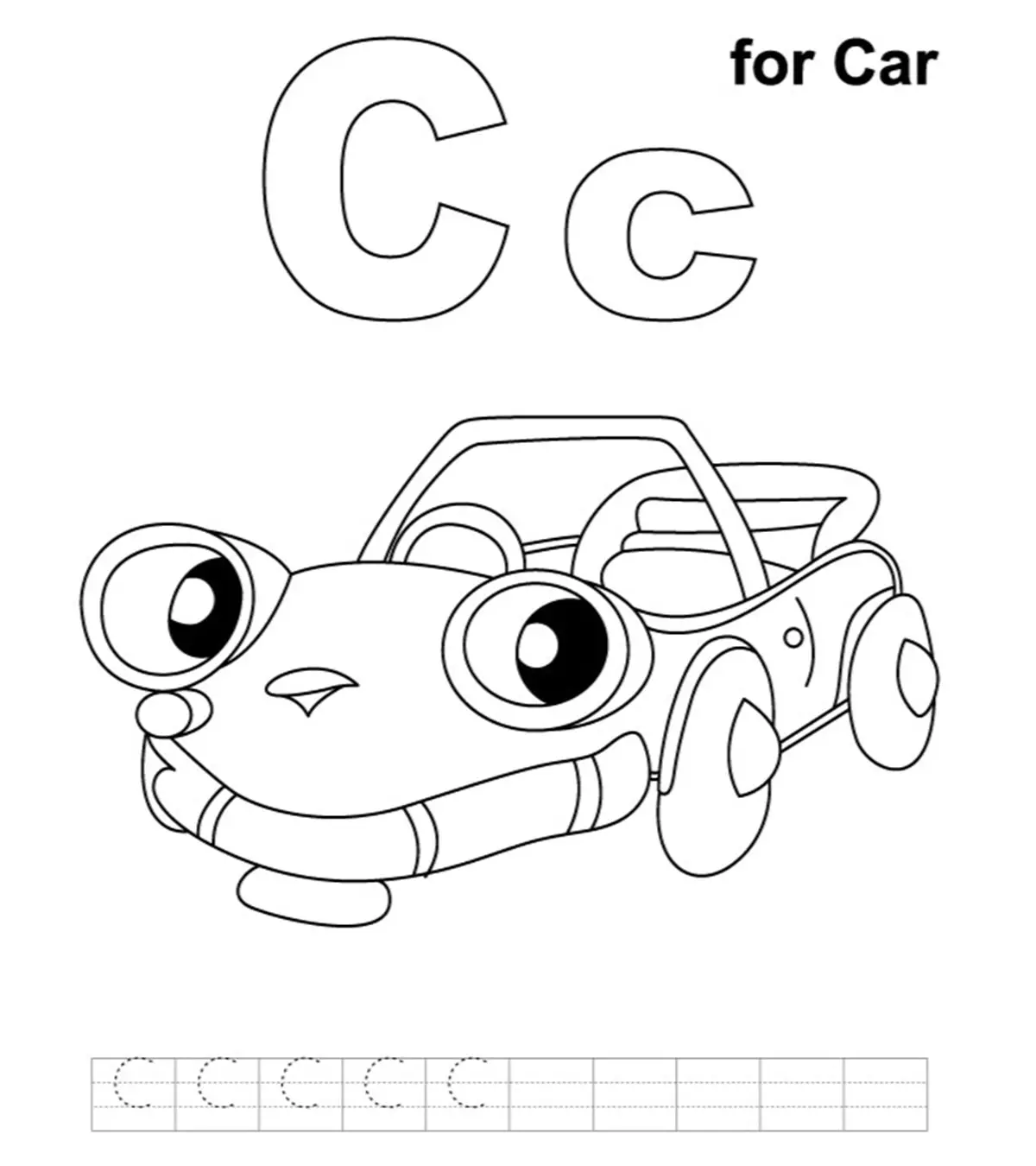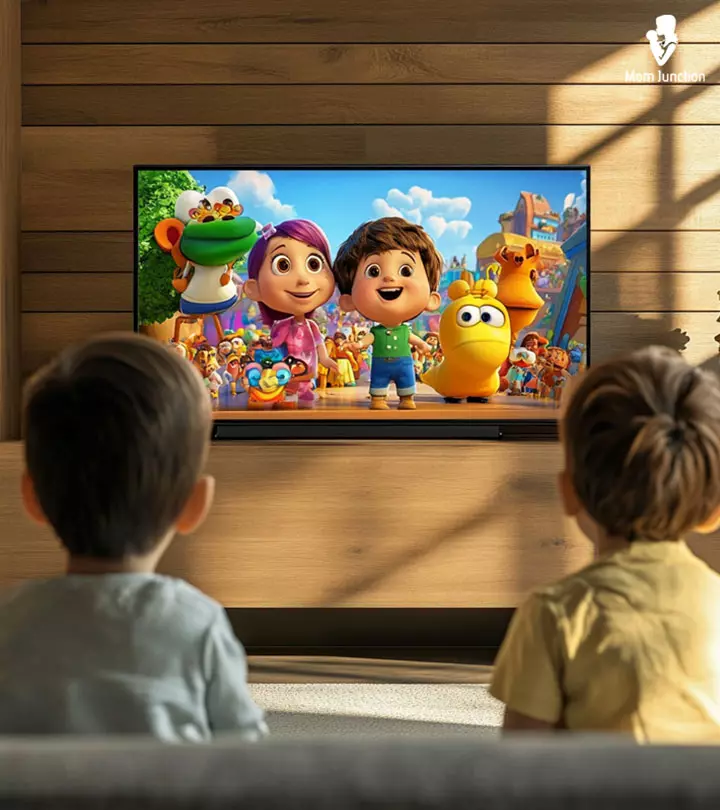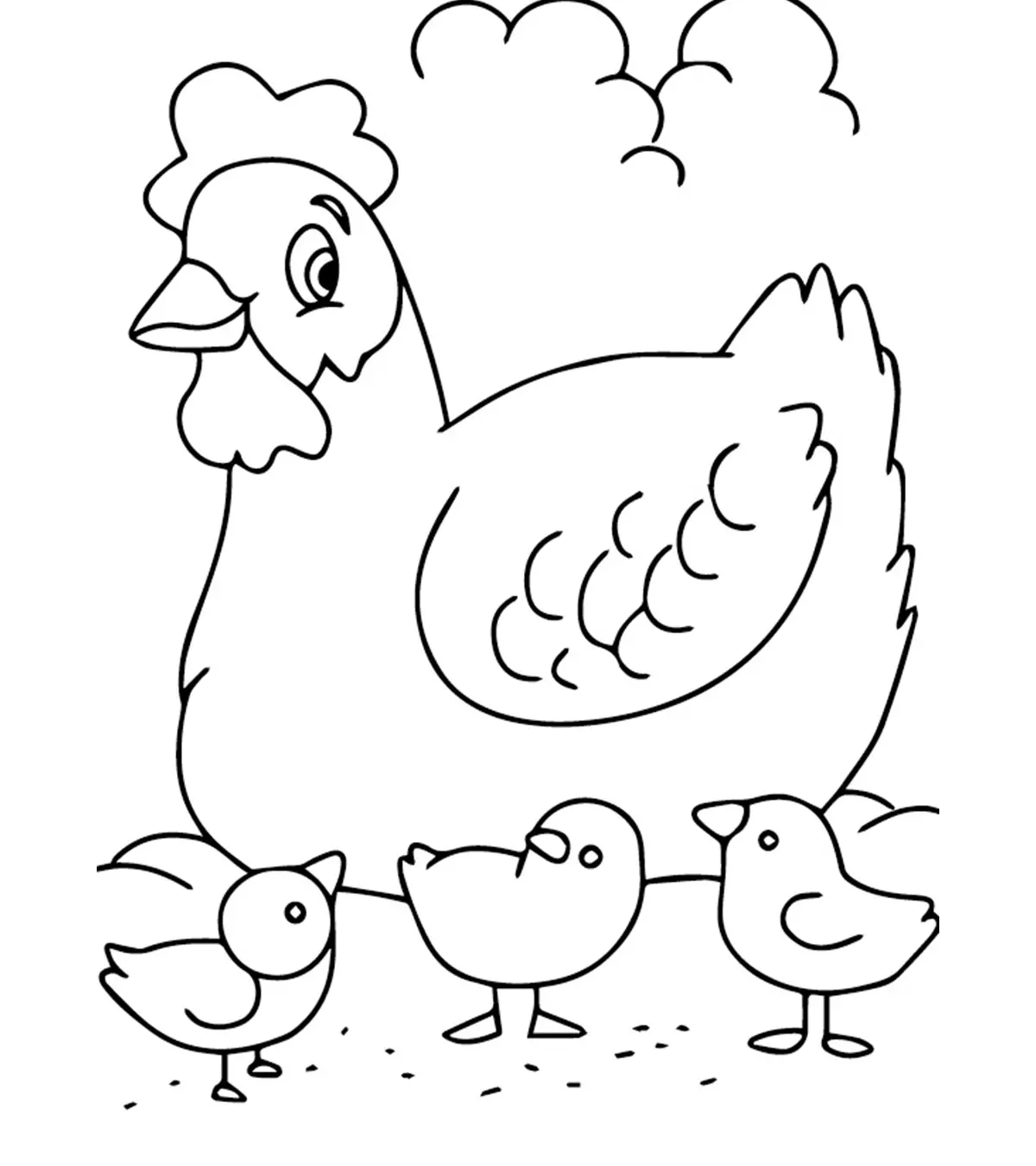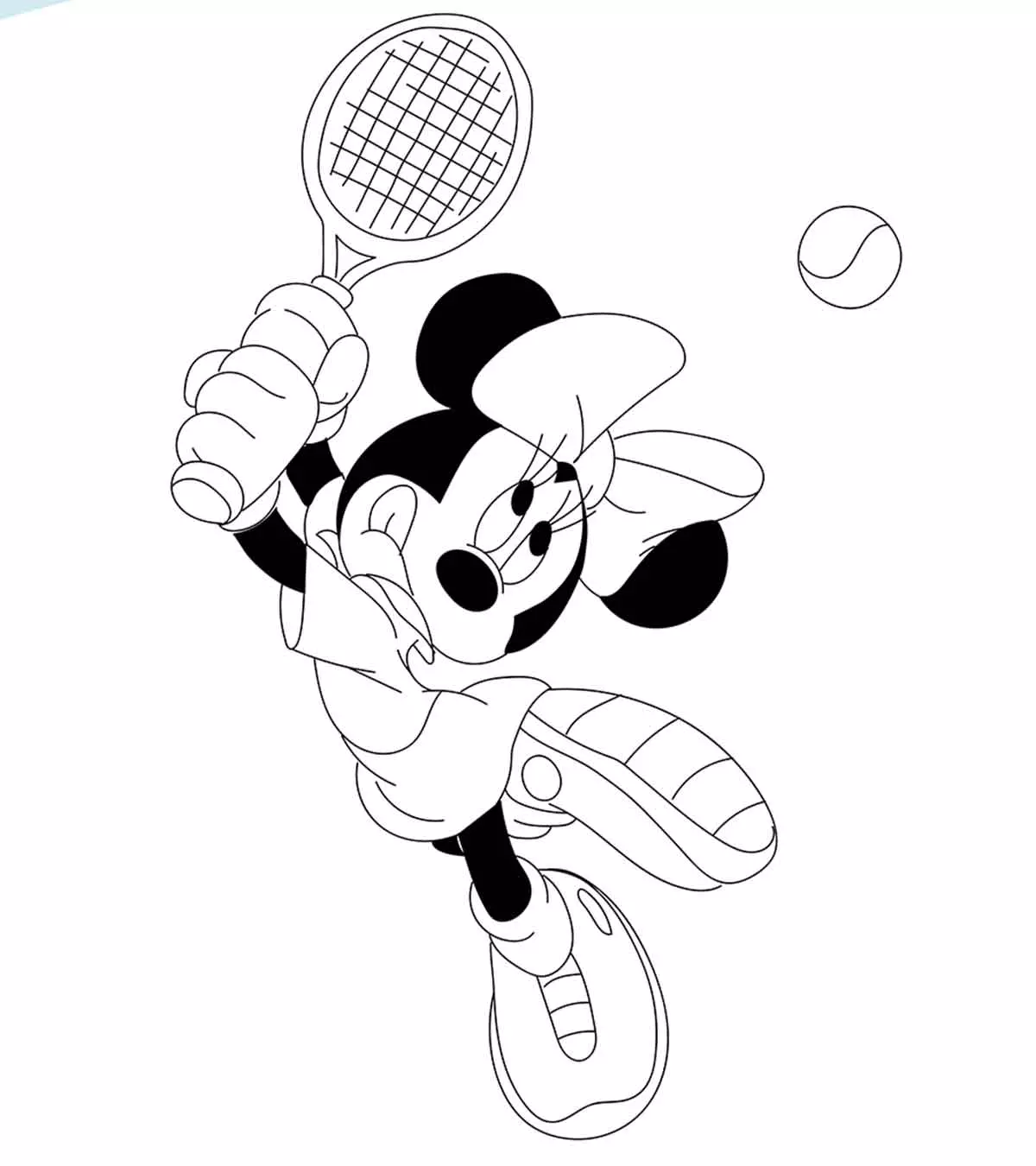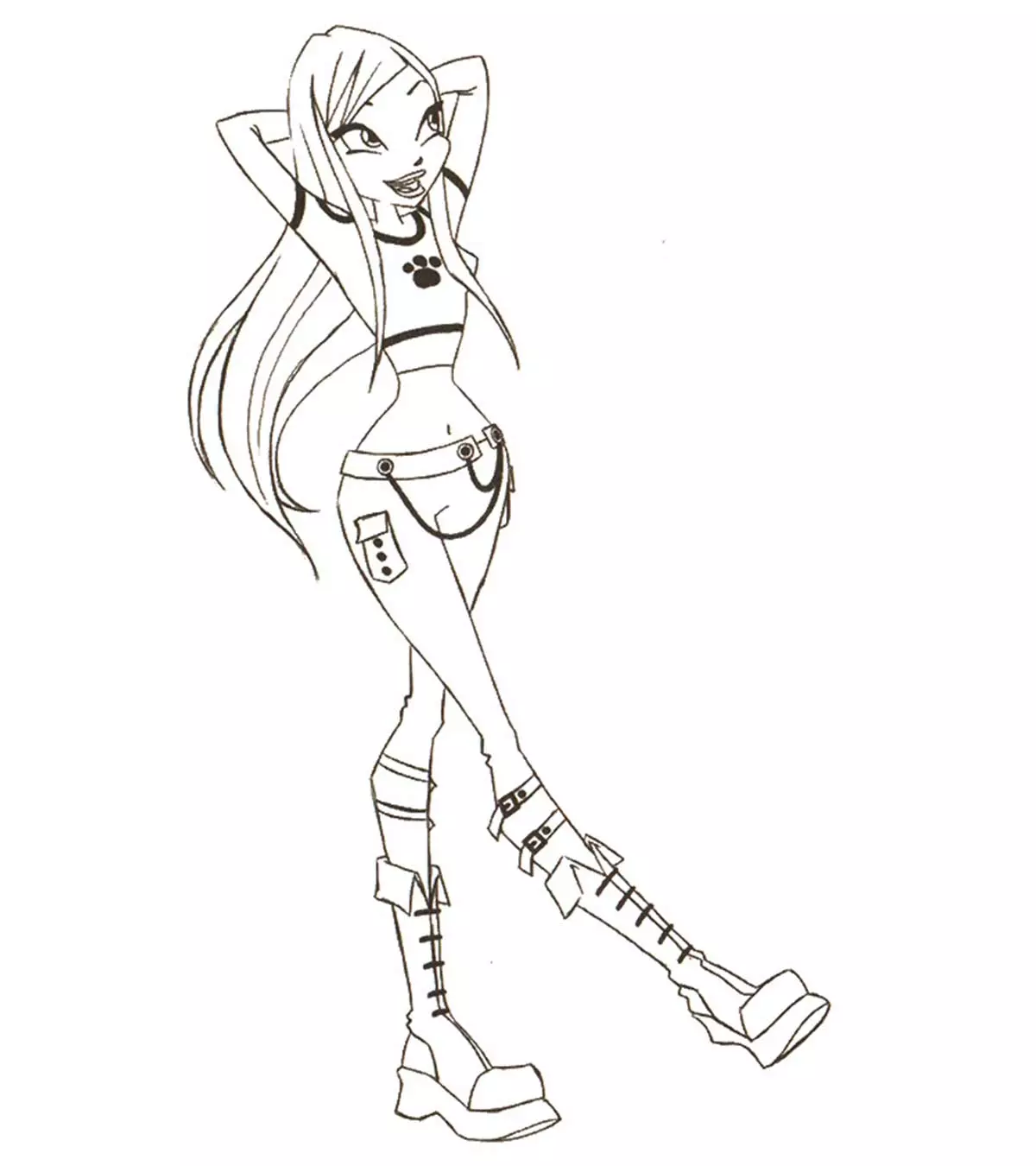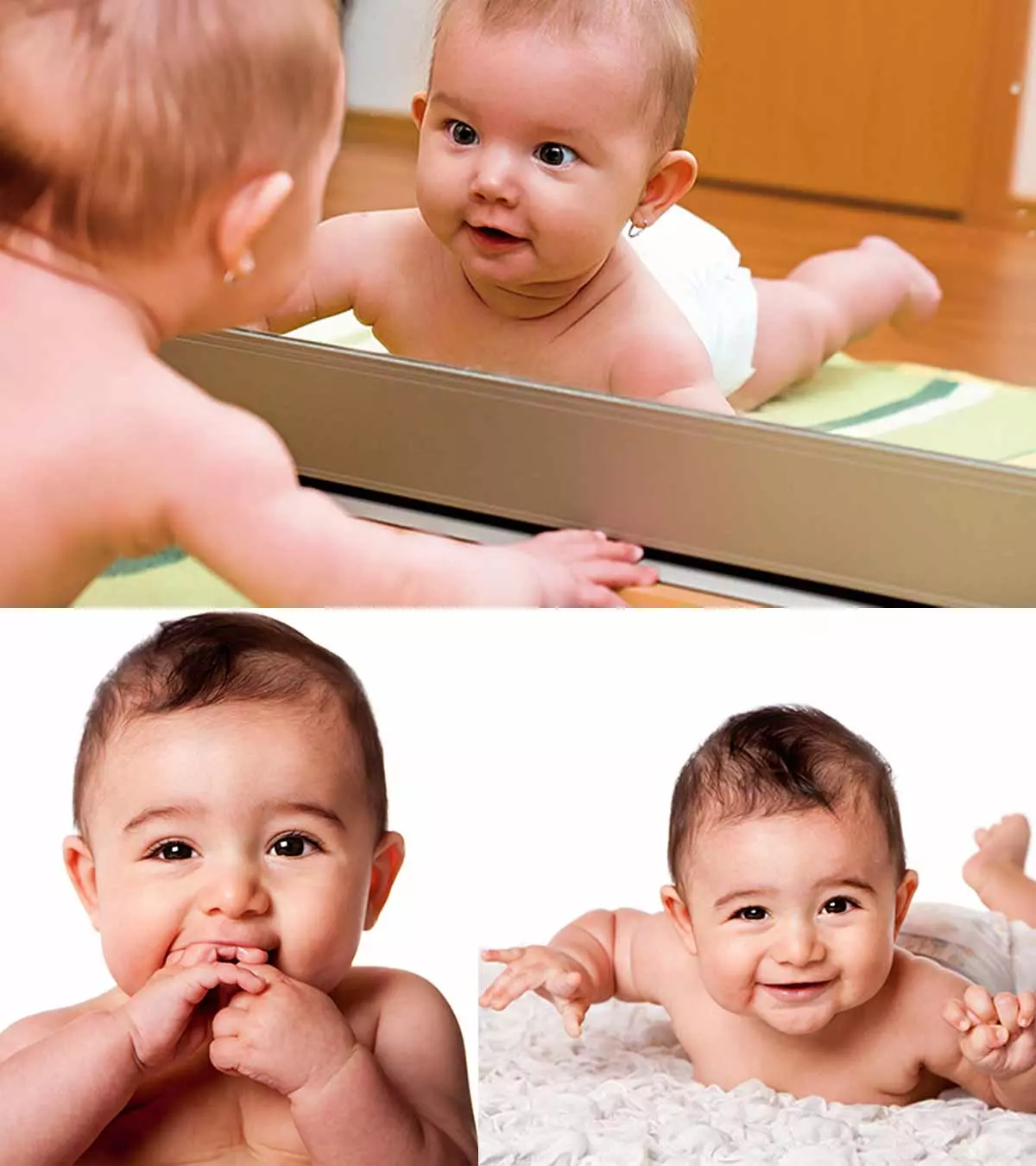
Image: ShutterStock
Now that your munchkin is three months old, it is time to introduce them to learning activities for a 3-month-old baby. This is the stage where the baby begins responding to sounds with excitement, making eye contact, imitating sounds, and experiencing changes in their sleeping and feeding patterns (1) (2) (3). It will help if you try to understand their likes and dislikes. You have to be careful with every step that you might come across. If you are not aware of what activities will help them, we have covered them here. Check the list of activities that are guaranteed to help your little one develop strength and grow healthily.
Key Pointers
- At three months, babies learn to hold toys and other items. Encourage them by placing items in their grasp or putting a mirror in front of them.
- Baby’s senses, including vision and hearing, develop in the third month. Parents can enhance their senses by showing them bright colors and playing music.
- Promote your baby’s communication skills by conversing with them, repeating their sounds, and narrating stories.
- Introduce daily routines for feeding, playing, and sleeping to help your baby feel secure and comfortable.
- Take your baby for a walk and describe what you see, exposing them to new things in their environment.
3-Month-Old Baby Development Activities
Your baby can now hold up their head steadily and push up on their forearms and hands during tummy time (3). Thus, it is imperative you introduce them to fun activities for 3-month-old babies that will help strengthen their muscles.
1. Your baby has now discovered their hands
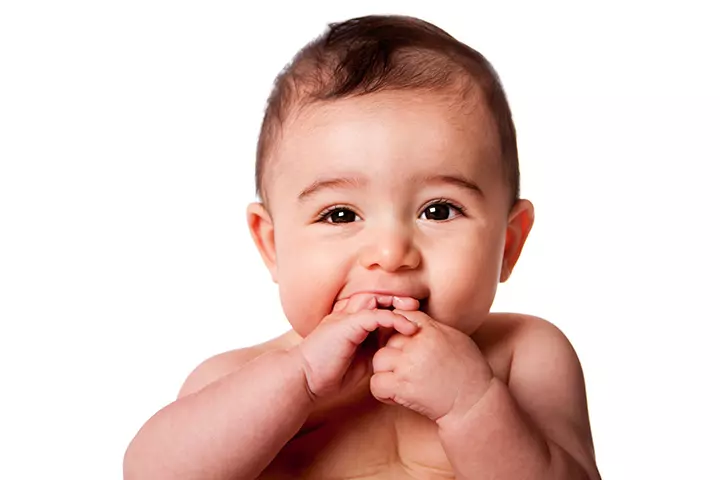
They have discovered they have hands that can be used for so many things. Here is what they try doing with their hands (4) (5).
- They play with their fingers.
- They put their fingers in their mouth to suck them.
- They bring both hands together and clasp.
- Your baby may also touch objects and hold things if you put them in their grasp or take swipes at hanging objects. They may not be able to reach out for objects quite yet.
- They will realize they can make noise with their hands. This is when they start understanding the relationship between cause and effect.
- Their legs will also start being active during this time.
Activities
Here are some simple activities you can do with your baby to improve their movement and skills.
- Mirror play: Place a mirror in front of them and give them a prop. They will keep looking at their reflection and smile. This activity helps develop their self-awareness as they slowly figure out that the baby in the mirror is them (6).
- Tummy time: Let them spend some time on their tummy to strengthen the neck and shoulders. Start with short sessions of tummy time (3-5 minutes), gradually increasing the time as your baby becomes stronger. Supervise your child and help them if they get tired or frustrated (1).
- Standing or sitting: Place your baby in a seated position or help them stand up to develop their leg and core muscles. Hold them around the torso, keeping them upright while gently guiding their head and neck. This also helps develop head and neck control.
- Massage: Bond with your baby through a gentle massage. This can promote relaxation and body awareness while also aiding digestion and relieving gas or colic. Introduce other body movements during this time, such as gently clapping your baby’s hands, stretching their arms, and moving your baby’s legs in a cycling motion (1).
- Toy play: Give them simple toys with bright colors and soft textures. Rattles, teething rings, or toys with contrasting patterns are great for developing their visual and motor skills. You may notice that they start reaching for and grasping objects. Use your baby’s favorite toy for them to focus on or shake a rattle for your child to find and follow (1).
 Do remember
Do remember2. Your baby’s senses are developing
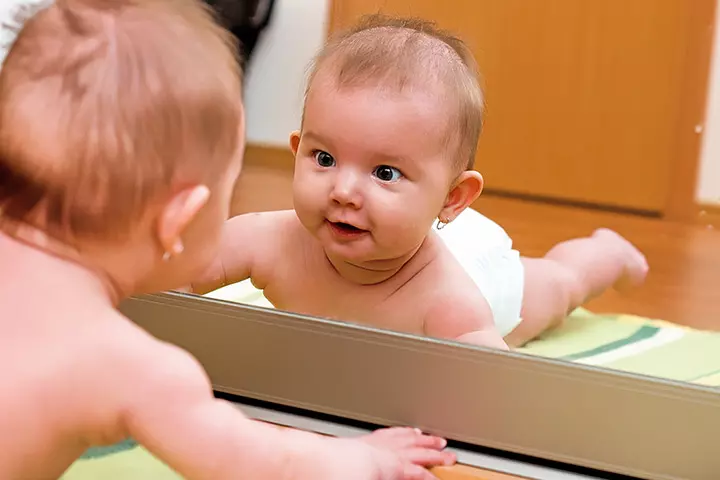
Your baby’s vision and hearing abilities are developing at this sensorimotor stage. Make an observation of the following developments in them.
- They can now turn their head and smile hearing your voice (4).
- They will enjoy listening to music.
- They will love gazing at bright color toys and pay attention to things for longer (7).
- They will keep gazing at their own reflection in a crib mirror (6).
Activities
As you notice your baby’s senses blossoming, engaging in activities that stimulate these senses is key to their growth and development.
- Tracking moving objects: Use your baby’s favorite toy for them to focus on or shake a rattle for your child to find and follow (1). Slowly move it from side to side and watch as they try to follow the movement with their eyes. This helps develop their eye muscles and the ability to track objects.
- Sensory exploration: Introduce a variety of textures and sensory experiences (1). You can use soft fabrics like a blanket, soft brush, or different textured toys. You can also engage their sense of hearing by singing, talking to them, or playing soft music. These activities stimulate brain development and help babies become more aware of their surroundings.
Rachel Johnson, a mother and musician, talks about how music influenced her son. She started exposing him to her flute playing at just two months of age. She writes, “I was preparing for my first recital after having him (Oliver, her son) and he woke up when I started to play so I bounced him on my lap while I practiced the Lennox Berkeley Sonatina” She later adds, “All this music round the house must be good for the baby’s development – Oliver’s first sounds were very tonal, and he now has a fine repertoire of nursery rhymes (i).”
- Peek-a-boo: At this age, children recognize your voice and face, so peek-a-boo will be a fun activity for them. They’ll begin to anticipate the surprise when you cover and uncover your face. This classic game is fun and helps teach your baby object permanence—things and people exist even when they can’t be seen (8).
3. Communication skills of your baby develop at this stage

Your 3-month-old baby has now started to relate to the world around them. Here is how your baby communicates now (4) (5) (7).
- They now give smiles and find joy in smiling.
- Crying is no more their primary way of communicating. The baby will still primarily cry when hungry or sleepy.
- They do not cry more than an hour a day.
- You need to visit a doctor in case their crying exceeds the normal limits.
- They now make vowel sounds like “ah” “oh” and coo rather than crying.
- They start making sounds and make their own gestures.
Activities
At three months, you can introduce your baby to activities that promote their language development and communication skills.
- Reading: Choose simple and colorful board or cloth books with large pictures and read aloud to your baby. Point to the pictures and describe what’s happening in the images. This activity stimulates language development and helps them understand the rhythm and melody of speech.
- Face-to-face play: At this age, babies are fascinated by faces. So, get close to your baby’s face, hold eye contact, and show various fun and silly expressions (1). Babies may attempt to mimic some of your movements. This is an early way for them to begin learning about social interactions and emotions.
- Babbling: Babies start to make cooing or gurgling noises at three months. Encourage them by babbling back, repeating sounds they make, and talking to them regularly (9). This encourages language development and helps build the foundation for communication skills.
 Quick tip
Quick tipHelp Your Darling During Development Stage
You need to keep in mind that each baby is unique in their own way. You should not force your baby if you find developmental delays. If you are in doubt, have a talk with your doctor and raise your concerns. Here is what you can do:
- Follow a development tracker to check the milestones they have attained. There are online checkers available for your convenience. Remember, if the baby is preterm, developmental milestones may be expected to develop a little later than term babies. It is always better to ask your doctor if there are any concerns about the development of your baby.
- Organize your to-do list. This way you can know what you need to do.
- Look for the medical concerns for babies of this age.
- Spend time with your baby to enhance the eternal bonding and look at things around you from a completely different perspective.
Frequently Asked Questions
1. What can I teach my baby at three months?
- At three months, your baby starts responding to your voice by coos and gurgles. You may encourage them to keep talking, so it helps them learn the language and hold a conversation.
- Introduce shapes and colors through colorful toys of different textures and shapes.
- Hold a toy away from your baby and encourage them to reach out for it. This will help them learn how to grab and hold an object.
- Teach babies to develop daily feeding, playing, and sleeping routines. This will help them follow an order and feel safe and secure.
- Go for a walk outside with your baby and describe what you see. This will help them get accustomed to various new things around (1) (2) (3).
2. How should I entertain my three-month-old baby?
You may entertain your three-month-old baby by (3):
- Singing a favorite tune
- Tickling them lightly
- Gently massaging their toes and feet
- Reading books in a calming tone
- Pretending to hide a toy and find it again
- Playing soothing music or lullabies
3. How can I stimulate my baby’s brain development?
You may stimulate your baby’s brain development by (10):
- Providing nurturing and positive environment at home
- Responding in a warm and loving tone
- Encouraging fun activities, such as reading, singing, and talking
- Playing games, such as peek-a-boo
- Making eye contact and smiling
- Breastfeeding for at least six months
- Letting them interact with different people
- Helping them explore the environment outside and inside the house
- Getting their health checkups regularly
- Not giving them screen time
You may introduce age-appropriate learning activities for 3-month-old babies since it is time they begin to play. It is also when babies recognize their hands, develop senses, and try to hold up their heads. You may try activities that stimulate their senses, strengthen their muscles, or enhance their motor skills. Interaction with them and responding to the noise they make can be fun at this age and form the basics of communication or language skills.
Illustration: Learning Activities For 3 Month Old Baby
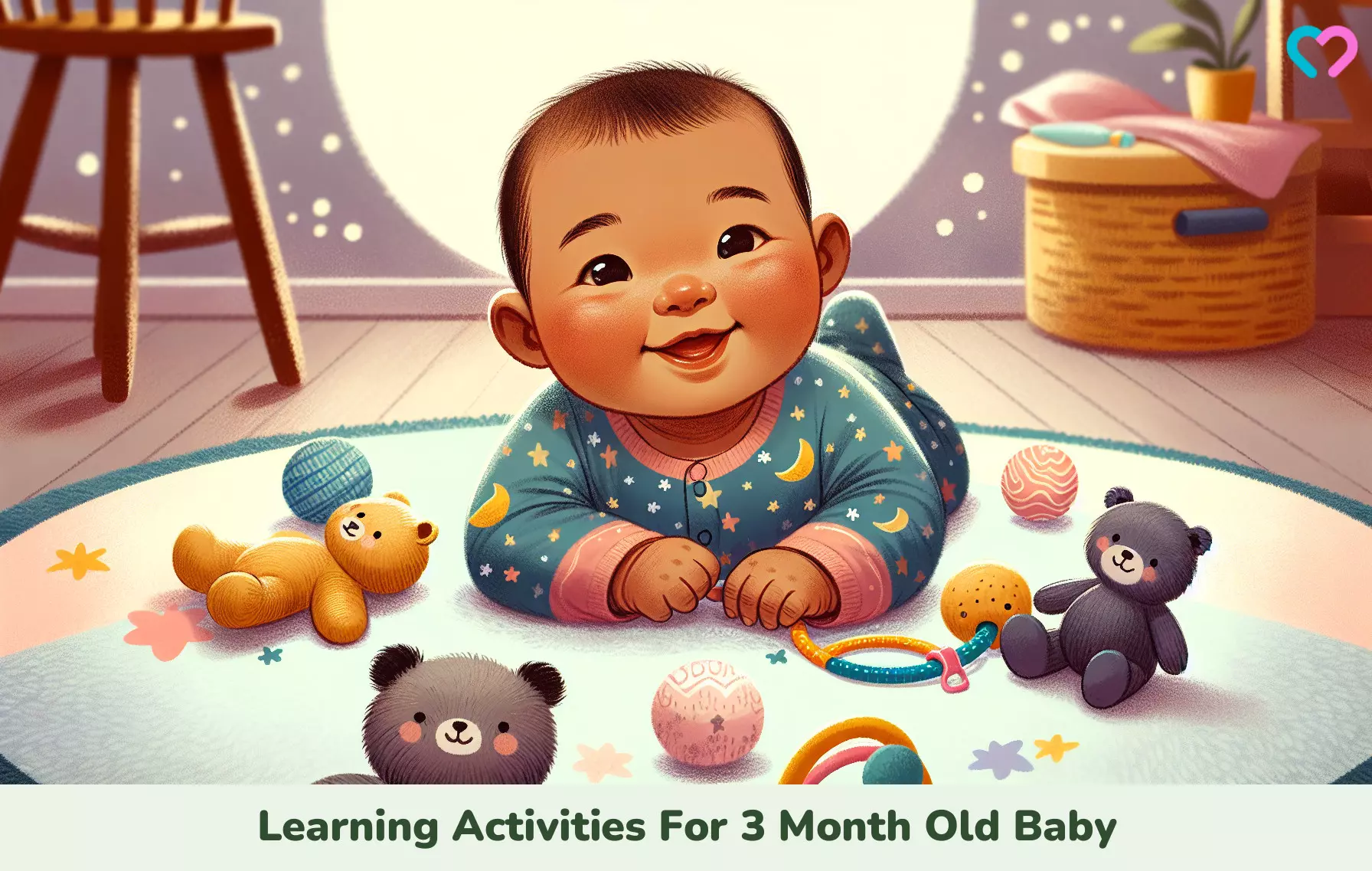
Image: Dall·E/MomJunction Design Team
Check out this video for 10 fun activities to do with your 0-3 month old baby! From tummy time to singing songs, you’ll find something to keep your little one entertained.
Personal Experience: Source
MomJunction articles include first-hand experiences to provide you with better insights through real-life narratives. Here are the sources of personal accounts referenced in this article.
i. Flutes & babies part 2: flute playing with a newborn.https://racheljohnsonmusic.wordpress.com/2018/08/29/flutes-babies-part-2-flute-playing-with-a-newborn/
References
- Learning Play and Your 1- to 3-Month-Old.
https://kidshealth.org/en/parents/learn13m.html - 3-4 months: baby development.
https://raisingchildren.net.au/babies/development/development-tracker-3-12-months/3-4-months - Every Day I Learn Through Play!
https://www.gov.nl.ca/education/files/earlychildhood_everyday_i_learn_through_play.pdf - Developmental Milestones: 3 Months
https://www.healthychildren.org/English/ages-stages/baby/Pages/Developmental-Milestones-3-Months.aspx - 1-3 Months Old Baby Development
https://choc.org/primary-care/ages-stages/1-to-3-months/ - Why Are Mirrors Good for Baby?
https://pathways.org/mirrors-good-baby - Your baby’s growth and development – 3 months old
https://www.pregnancybirthbaby.org.au/babys-growth-and-development-3-months-old - Peek-A-Boo
https://thegeniusofplay.org/genius/play-ideas-tips/play-ideas/peek-a-boo.aspx - Encouraging Healthy Development – Healthy Development Ideas – 3 Months
https://helpmegrowmn.org/HMG/HelpfulRes/EncourageHealthDev/3Months/index.html - Your baby’s brain: How parents can support healthy development.
https://caringforkids.cps.ca/handouts/pregnancy-and-babies/your_babys_brain
Community Experiences
Join the conversation and become a part of our nurturing community! Share your stories, experiences, and insights to connect with fellow parents.
Read full bio of Dr. Shaon Mitra
Read full bio of Harshita Makvana
Read full bio of Rohit Garoo
Read full bio of Trisha Chakraborty






